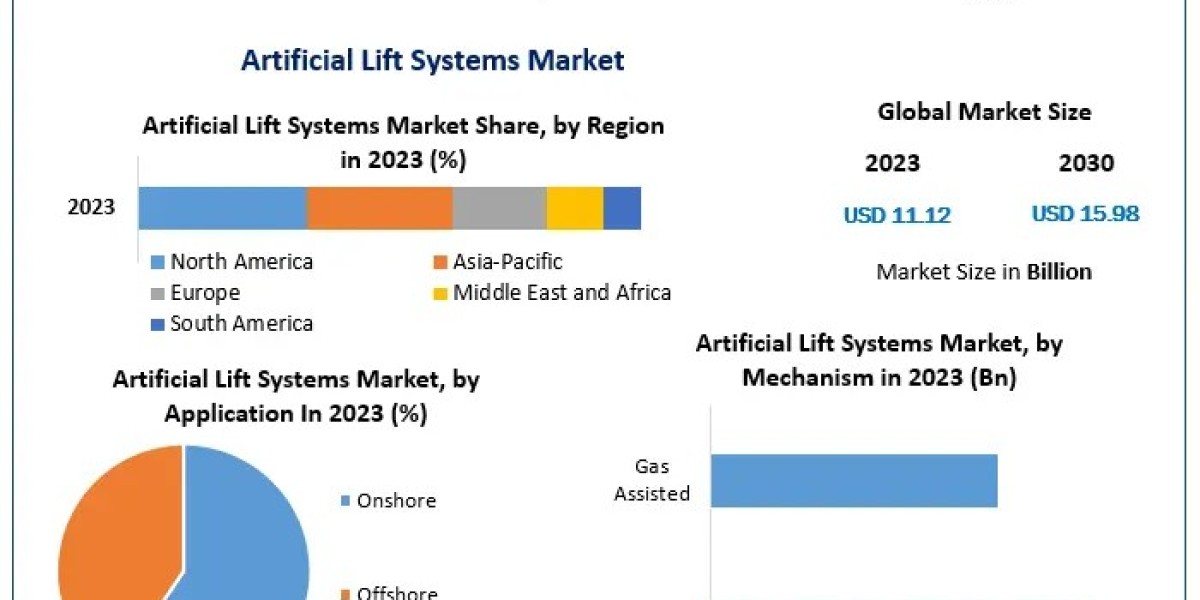How Effective Are ELISA Tests in Detecting Avian Influenza in Poultry?
ELISA (Enzyme-Linked Immunosorbent Assay) tests have become a staple in the poultry diagnostics market due to their precision and efficiency. Specifically, they are highly effective in detecting viral infections like avian influenza. ELISA tests can identify the presence of antigens and antibodies, which makes them suitable for early disease detection. This rapid identification is crucial to controlling outbreaks and preventing them from spreading across large flocks.
Key Benefits:
- High Sensitivity and Specificity: ELISA is known for its accuracy, reducing the chances of false negatives and positives, making it highly reliable for poultry farmers.
- Cost-Effective: Compared to other molecular techniques, ELISA offers a lower-cost solution for frequent testing, which is critical for monitoring large-scale poultry farms.
Technological Advancements: Recent innovations, like portable ELISA devices, are allowing on-site testing, reducing the need for samples to be sent to labs, thus speeding up the diagnostic process. Companies such as IDEXX Laboratories and Zoetis Inc. are leading the market by integrating automated ELISA platforms for high throughput and scalability
.
How Do PCR Tests Improve Poultry Disease Detection?
The Polymerase Chain Reaction (PCR) test is recognized for its ability to amplify small amounts of DNA, making it one of the most precise tools for detecting poultry diseases, including avian influenza and Newcastle disease. PCR is highly effective for detecting infections in their early stages, often before symptoms appear, which is key to preventing the spread of diseases in poultry farms.
Advantages of PCR:
- Early and Accurate Detection: PCR can detect the genetic material of pathogens even in minute quantities, making it invaluable for early-stage disease management.
- Wide Application: PCR can be used for various poultry diseases such as salmonellosis, avian mycoplasmosis, and infectious bronchitis, allowing for comprehensive diagnostics.
Emerging Technologies: Companies like Thermo Fisher Scientific are investing in real-time PCR technologies, which offer faster and more detailed results compared to traditional PCR. Additionally, the integration of AI-driven PCR platforms by companies like Zoetis has further enhanced the accuracy and speed of disease detection
.
What Tools Are Available for Managing Diseases in Poultry?
Managing poultry diseases requires a combination of diagnostic tools and preventive measures. These tools are designed not just for disease detection but also for ongoing flock health monitoring.
Key Tools:
- Serological Tests: These are used for detecting antibodies against specific pathogens, providing an overview of the immune response in poultry.
- Microbiology Services: Tools for identifying bacterial infections such as avian salmonellosis are becoming increasingly popular.
- Virology Services: These tools focus on detecting and managing viral infections that are common in poultry, such as avian reovirus and chicken anemia.
Top Innovations: New platforms such as AI-based health monitoring systems are revolutionizing the way farmers manage poultry health. These platforms use continuous data inputs to assess flock conditions, making preventive care more accessible. Leading companies like BioChek are innovating by offering integrated platforms that combine virology, bacteriology, and parasitology for comprehensive poultry health diagnostics
.
What Factors Are Driving the Growth of the Poultry Diagnostics Market in Emerging Economies?
The poultry diagnostics market is expanding rapidly in emerging markets like India and Brazil due to several factors. Increased consumption of poultry-derived products, rising concerns over zoonotic diseases, and stringent food safety regulations are key drivers.
Major Growth Drivers:
- Rising Demand for Poultry Protein: The growing global appetite for poultry meat and eggs is pushing farmers to adopt reliable diagnostic solutions to maintain flock health and ensure safe production.
- Government Initiatives: Governments in emerging markets are investing in better diagnostic technologies to prevent outbreaks that could affect the poultry industry.
- Food Safety Regulations: As food safety regulations tighten globally, especially in emerging markets, farmers are more compelled to adopt reliable diagnostics to ensure compliance and reduce the risk of disease transmission.
Technological Impact: Companies like Boehringer Ingelheim and GD Animal Health are focusing on these regions, introducing cost-effective diagnostic solutions and portable testing kits that help small and medium-scale poultry farmers access reliable testing
| More info . | MarketResearchFuture | Inflammatory Bowel Disease Treatment Market | ||
| Assisted Reproductive Technology Market | ||||
| Digital Therapeutics Market |


